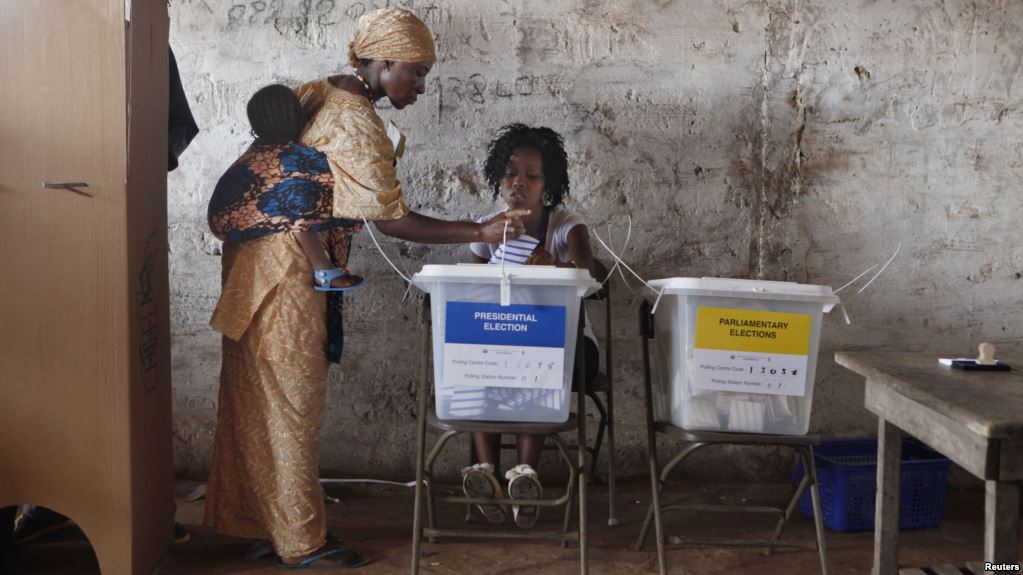
#SierraLeoneDecides: 2018 elections top facts

The March 7 election in Sierra Leone holds a critical significance for the country.
It is the second democratic transition of power since the civil war and for a country that has endured several challenges; voters will be looking for a leader who can deliver development.
Sierra Leoneans will be electing a new president and a set of legislators and local council representatives.
Here are some of the top facts about this election:
- This is Sierra Leone’s fifth straight general election since the return to multi-party democracy in 1996.It is the third election since the country came out of a civil war in 2002.
- Upon completion of the tallying of the votes, Sierra Leone will have a new president. The incumbent Ernest Bai Koroma cannot run for presidency as per the constitution having served two terms.
- Sierra Leone’s National Electoral Commission (NEC) has published 16 parties that filed nominations for the presidential poll.
- Sierra Leone’s two main political parties are coming back to the playing field to battle it out. The duel is between Samura Kamara of the ruling All Peoples Congress (APC) and Julius Maada Bio of the main opposition Sierra Leone Peoples Party (SLPP).
- For one to become an outright winner in this election, they have to poll over 55% of valid votes cast, which is unlike many parts of Africa where one needs only over 50% to win the first round.
- Sierra Leone’s parliament has two chambers with 124 legislators. Only 112 are voted for through ballots whereas the rest are chosen indirectly.
- Some of the key dates:
January 28, 2018 – NEC released final list of presidential nominations
February 5, 2018 – Campaigns officially started
March 5, 2018 – Campaigning closes
March 7, 2018 – Voters got to the polls
- In all polling centres, the elections body has endured that people with disability vote with ease principally via two ways – the building of ramps where necessary and the use of tactile ballot papers for the visually challenged.
- There are two female aspirants in the presidential race. Unity Party (UP) candidate: Olufemi Claudius-Cole Josephine, a nurse and Revolutionary United Front Party (RUFP) candidate: Gbandi Jemba Ngobeh, a proprietress.
And finally
- The National Elections Commission led by Mohamed N’fah Alie Conteh while being assisted by four other commissioners has promised a credible process. The public has also expressed confidence in the electoral body. Mr Conteh has the task of declaring the next president.






